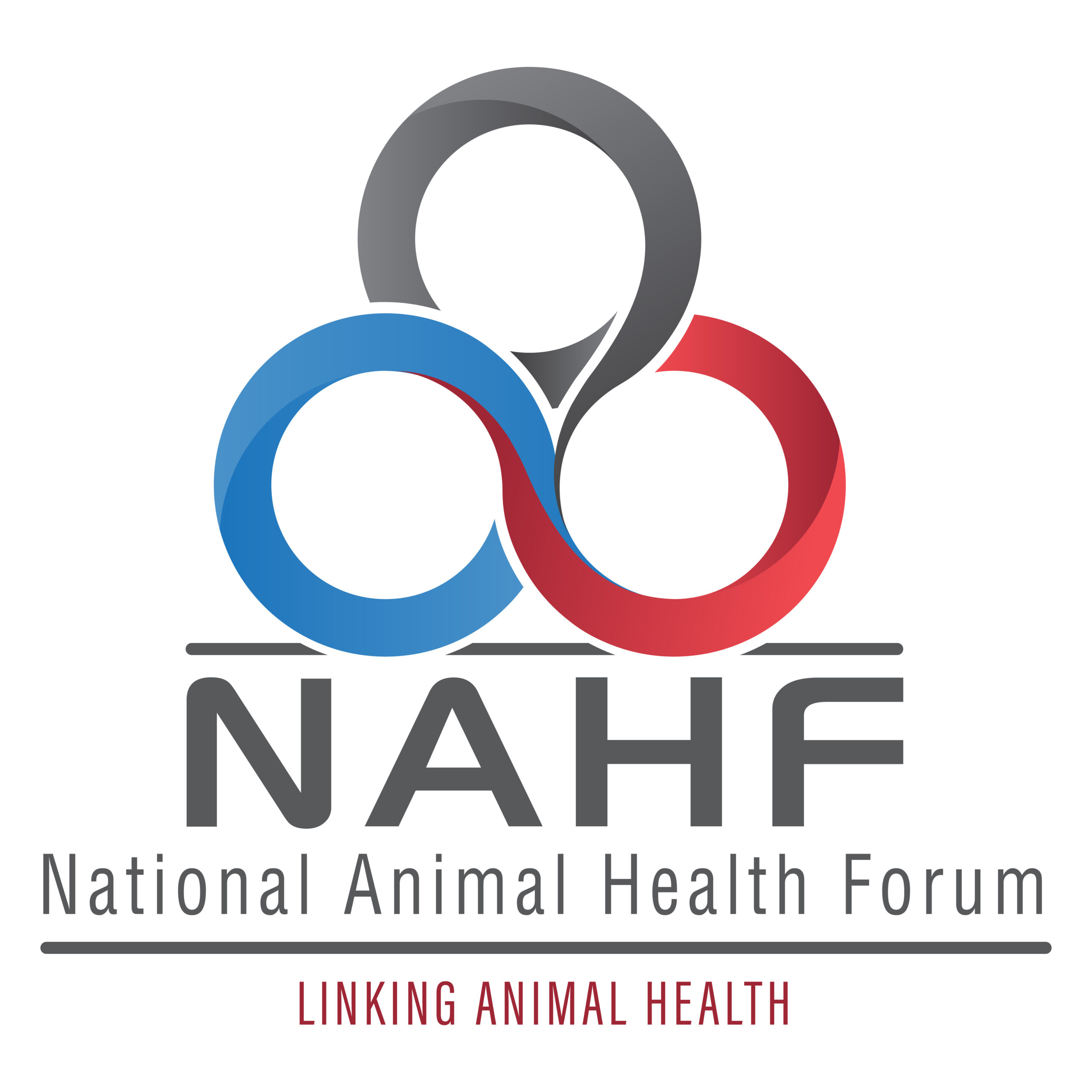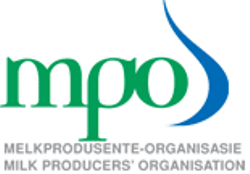
There is no need to describe the seriousness of the disease Rift Valley fever (RVF). Most stock owners (yes, we speak about all stock owners as the RFV-virus is reasonably indiscriminate as to what species are affected although to differing degrees). While sheep are the main sufferers, goats, cattle, and even in buffalo may be affected. Worst of all, RVF is a zoonosis, meaning people can become infected, mainly by handling sick or dead animals. We suffered the loss of a young State Veterinarian in the Eastern Cape from the disease a few years ago. All this said, it is a very serious and consequently a notifiable disease.
The last case was reported during May 2018, in Jacobsdal, Free State province.
For the past number of months, we have seen good news from Colombia University’s El Nino, LA Nina Southern Oscillation (ENSO) forecast, where they predict a strong La Nina phenomenon through our rainy season and a neutral sea temperature during our coming winter. We have already experienced the joys of good rains, almost countrywide, with the Free State particularly wet and lush. These conditions are ideal for flooding and the formation of pans of water in which the Aedes mosquitoes, responsible as reservoirs of, and transmission of the RVF virus, breed and multiply.
The only ways to prevent the disease spreading and infecting livestock, are to vaccinate our livestock and to prevent mosquito bites, using products that are registered for the control of mosquitoes (usually deltamethrin containing dips, sprays, and pour-ons). Clearly an annual vaccination against the disease is the most effective and easiest route. Onderstepoort Biological products produce, currently 2 vaccines, viz.
- OBP Live RVF vaccine containing the Smithburn strain. Although it is believed that this vaccine gives protection of longer duration it is still recommended that all animals should be vaccinated annually. This vaccine should, however, not be used in pregnant animals.
- OBP killed RVF vaccine, which needs annual vaccination and is safe to use in pregnant animals. It, however, requires two initial doses six weeks apart, making it more expensive and labour intensive to administer.
Ideally, vaccination should have already been carried out in early spring, but it is not yet too late. Time is now, however, of the essence as most outbreaks begin mid- to late summer.
Do yourself, and the country, a good turn for the new year, vaccinate your stock against Rift Valley fever as soon as physically possible.
A message from the from the National Animal health forum and the Afrivet technical team, a sponsor of the NAHF.
7 January 2021
Download the Afrivet Press Release RE Rift Valley fever here
Published on Friday, 22nd January 2021 - 09:49
Recent Posts
disclaimer









